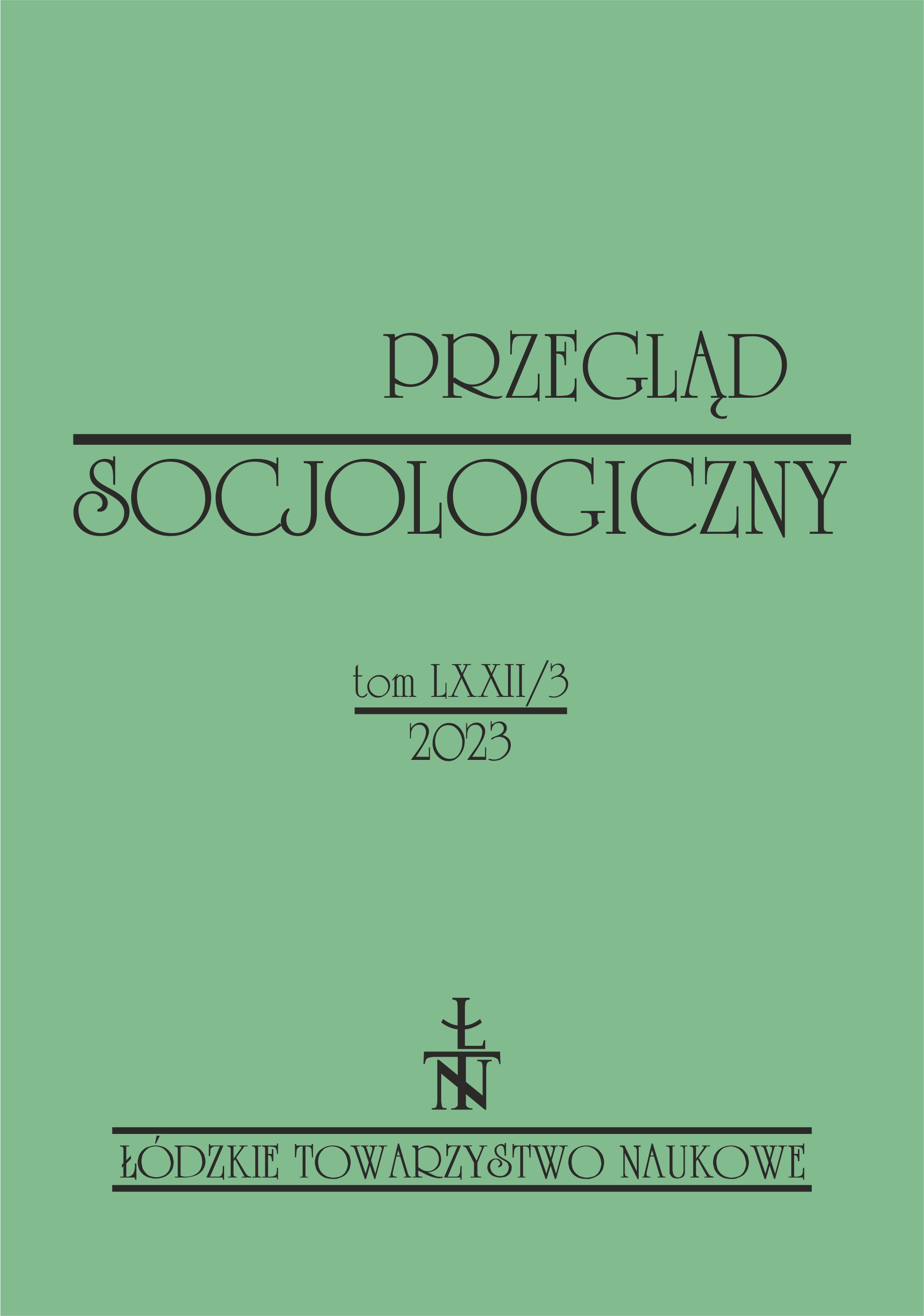INNOWACJA, KONTROLA, OPÓR, NORMALIZACJA: PRACOWNICZE SPOSOBY RADZENIA SOBIE
Z PANDEMICZNYM KRYZYSEM W MIEJSCU PRACY
INNOVATION, CONTROL, RESISTANCE, NORMALISATION: WORKERS’ WAYS OF COPING WITH THE PANDEMIC CRISIS IN THE WORKPLACE
Author(s): Adam Mrozowicki Subject(s): Labor relations, Health and medicine and law
Published by: Łódzkie Towarzystwo Naukowe
Keywords: innovation; control; resistance; normalization; pandemic; COVID-19; work;
Summary/Abstract: The goal of this article is to explore workers’ collective responses to changes in the workplace caused by the COVID-19 pandemic. They were conceptualized with the use of sensitizing concepts of innovation, control, resistance and normalization in the workplace, which were derived from the sociology of work and economic sociology. These concepts and their relationships were empirically grounded in the study of the experiences of workers whose work proved to be “essential” for social reproduction during the pandemic in Poland. The empirical data include focus group interviews and biographical interviews with workers from the area of education, health care, social care, and logistics. The research leads to the conclusion that the use of “bottom-up” ideas on work organization (“innovation”), conflicts around control over the labor process and job quality (“control” and “resistance”), and the institutionalization of norms that emerged during the crisis (“normalization”) form sequences of collective responses to the pandemic crisis. In this article, two most visible in the empirical material sequences are discussed (contending sequences and normalizing sequences) along with specific circumstances of their occurrence.
Journal: Przegląd Socjologiczny
- Issue Year: 72/2023
- Issue No: 3
- Page Range: 9-38
- Page Count: 30
- Language: Polish

